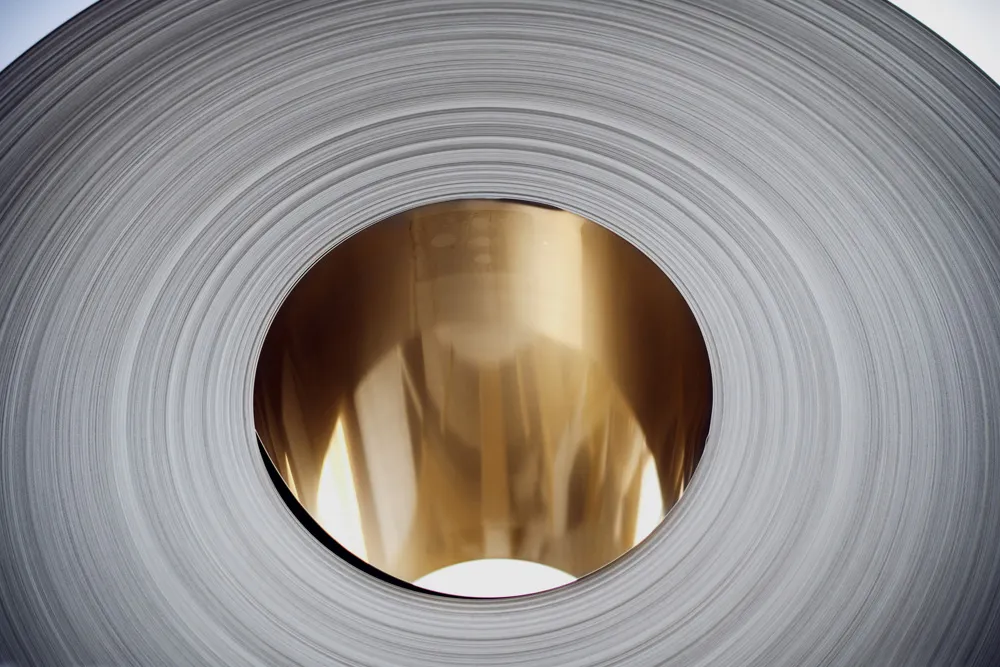Car fleet renewal schemes (cash for clunkers/car scrappage) introduced in the US, France and Germany fell short of their potential to deliver on environmental and safety objectives, according to a new report published by the International Transport Forum at the OECD and the FIA Foundation today.
April 18, 2012
Read time: 3 mins
Car fleet renewal schemes (cash for clunkers/car scrappage) introduced in the US, France and Germany fell short of their potential to deliver on environmental and safety objectives, according to a new report published by the 998 International Transport Forum at the OECD and the FIA Foundation today.
The focus of the 70-page study are three of the largest car fleet renewal schemes introduced primarily to stimulate consumer spending on cars in the wake of the 2008 economic crisis.
The study investigates the impact on CO2 and NOx emissions of 2.8 million transactions in which old cars were traded for new vehicles under car fleet renewal schemes in France, Germany and the United States. The report assesses the value for money of the different schemes and identifies critical design elements for ensuring success in meeting the environmental and safety objectives.
In the US, there were positive results from targeted incentives based on fuel economy, although these were imperfectly aligned with fuel consumption or pollutant emissions. With the German scheme, a greater number of lighter and smaller vehicles were traded in for medium sized vehicles which reduced its effectiveness. The French scheme benefited from imposing a type-approval C02 limit for new cars and retiring very old gross-emitters. However, this led to a very high share of new diesel vehicles which strongly limits lifetime N0x benefits.
While all three schemes helped reduce CO2 emissions, the monetised value of that impact was quite small: less than five million Euros ($7m) in the US and less than 10 million Euros ($14m) in France and Germany. The monetised impact on NOx emissions appears to be significantly higher, reaching about 300 million Euros ($430m) in the US, c. 300 million Euros ($430m) in Germany and c. 100 million Euros ($144m) for France.
With respect to road safety, the car renewal schemes are estimated to avoid around 40 fatalities and 2,800 serious injuries in the US. For Germany, the estimated impact is 60 deaths and 6,100 serious injuries avoided. France is somewhat lower at 330 fewer serious injuries, 20 of which would be fatalities.
The report concludes that it is vital to consider the objectives of the schemes very carefully when setting their design parameters (conditions and incentives on the traded and new vehicles) in order to guarantee success. Whilst scrappage schemes have the potential to deliver on objectives such as reducing pollutant emissions, these have not done so as well as they could, precisely because of their design characteristics. Further, the study suggests that seeking CO2 reduction ahead of pollution or safety improvements in the design of the schemes leads to decreased cost-effectiveness and lower overall societal benefit.
“Subsidies for car renewal can bring real benefits only if they are carefully designed”, said Jack Short, secretary general of the International Transport Forum. “Here a best practices approach is key. We hope that comparative studies like this one will help countries pondering similar schemes to find the right solutions for them.”
The report was prepared by the Dutch research and consultancy organisation TNO together with experts at the International Transport Forum and the OECD Environment Directorate. The safety impact analysis was prepared by the Dutch Institute for Road Safety Research (SWOV).
The project was initiated by the International Transport Forum, a transport policy think tank linked to the OECD, the OECD Environment Directorate and the FIA Foundation, an independent charity, under the aegis of the Global Fuel Economy Initiative (GFEI). GFEI works with countries to develop an appropriate national approach and supporting target for improved car fleet fuel economy, while working toward a global reduction of emissions from the road transport sector by 2050.
The focus of the 70-page study are three of the largest car fleet renewal schemes introduced primarily to stimulate consumer spending on cars in the wake of the 2008 economic crisis.
The study investigates the impact on CO2 and NOx emissions of 2.8 million transactions in which old cars were traded for new vehicles under car fleet renewal schemes in France, Germany and the United States. The report assesses the value for money of the different schemes and identifies critical design elements for ensuring success in meeting the environmental and safety objectives.
In the US, there were positive results from targeted incentives based on fuel economy, although these were imperfectly aligned with fuel consumption or pollutant emissions. With the German scheme, a greater number of lighter and smaller vehicles were traded in for medium sized vehicles which reduced its effectiveness. The French scheme benefited from imposing a type-approval C02 limit for new cars and retiring very old gross-emitters. However, this led to a very high share of new diesel vehicles which strongly limits lifetime N0x benefits.
While all three schemes helped reduce CO2 emissions, the monetised value of that impact was quite small: less than five million Euros ($7m) in the US and less than 10 million Euros ($14m) in France and Germany. The monetised impact on NOx emissions appears to be significantly higher, reaching about 300 million Euros ($430m) in the US, c. 300 million Euros ($430m) in Germany and c. 100 million Euros ($144m) for France.
With respect to road safety, the car renewal schemes are estimated to avoid around 40 fatalities and 2,800 serious injuries in the US. For Germany, the estimated impact is 60 deaths and 6,100 serious injuries avoided. France is somewhat lower at 330 fewer serious injuries, 20 of which would be fatalities.
The report concludes that it is vital to consider the objectives of the schemes very carefully when setting their design parameters (conditions and incentives on the traded and new vehicles) in order to guarantee success. Whilst scrappage schemes have the potential to deliver on objectives such as reducing pollutant emissions, these have not done so as well as they could, precisely because of their design characteristics. Further, the study suggests that seeking CO2 reduction ahead of pollution or safety improvements in the design of the schemes leads to decreased cost-effectiveness and lower overall societal benefit.
“Subsidies for car renewal can bring real benefits only if they are carefully designed”, said Jack Short, secretary general of the International Transport Forum. “Here a best practices approach is key. We hope that comparative studies like this one will help countries pondering similar schemes to find the right solutions for them.”
The report was prepared by the Dutch research and consultancy organisation TNO together with experts at the International Transport Forum and the OECD Environment Directorate. The safety impact analysis was prepared by the Dutch Institute for Road Safety Research (SWOV).
The project was initiated by the International Transport Forum, a transport policy think tank linked to the OECD, the OECD Environment Directorate and the FIA Foundation, an independent charity, under the aegis of the Global Fuel Economy Initiative (GFEI). GFEI works with countries to develop an appropriate national approach and supporting target for improved car fleet fuel economy, while working toward a global reduction of emissions from the road transport sector by 2050.










